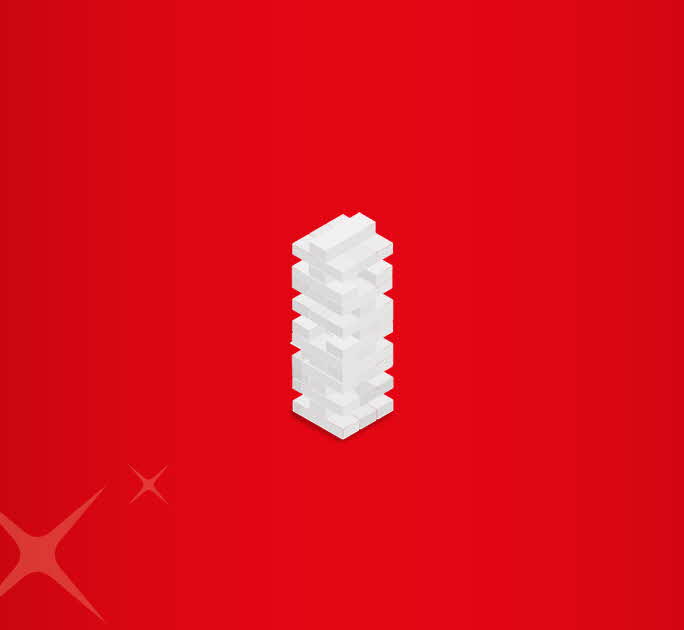- Save
- Invest
- Borrow
- Pay
- More
- Customer Services

Debt Funds Vs FD – Understanding The Basics
Consider factors like liquidity, returns rates, risk, etc., while comparing debt mutual funds vs. fixed deposits
Key Takeaways
- Debt funds and fixed deposits are popular investment options for conservative investors
- Debt mutual funds generate periodic returns just like fixed deposits
- Unlike debt funds, FD returns are not market-linked.
- Interest income on debt funds can be slightly higher than FD
- Debt funds and FDs generate higher returns on longer-duration investments
In India, people are a little hesitant about debt fund investments, with Fixed Deposits being the more preferred option. As an investor, you can breathe a sigh of relief knowing that both Debt Funds and Fixed Deposits can prove to be beneficial investments, as they are both largely considered safe investment options. However, the two investment options are not entirely similar – which is why you should familiarise yourself with their differences before you invest your hard-earned money. Continue reading to decode what could be the better option for you, Debt Funds vs Fixed Deposits, to make an informed investment decision.
Comparing Debt Mutual Funds vs Fixed Deposits
Debt Mutual Funds, better known as Debt Funds, are securities that invest the allocated funds in a pool of reliable resources such as government securities, money market instruments, commercial papers, etc. and rope in several investors. They ensure decent returns as the assets involved are typically highly rated in terms of security. However, like all kinds of mutual fund investments, the returns you earn are not fixed; they are subject to market fluctuations.
A Fixed Deposit, on the other hand, is simply an investment where you deposit a principal amount at a specific rate of interest. The interest on FDs is usually higher than what you would earn on your Regular Savings Account. You must fix your deposit for a specific tenure, also known as the date of maturity. Also, you cannot withdraw the FD account until maturity unless you are ready to pay the penalty for premature withdrawal.
Download digibank to open bank account online and choose from a range of debt mutual fund options to build wealth.
Debt Funds vs FD - Factors of Comparison
Here are some factors you must compare to analyse which is the better investment between Debt Mutual Funds vs Fixed Deposits.
-
Returns
In terms of returns, your FDs guarantee you fixed returns on a monthly, quarterly, annual, or cumulative basis. The base interest or returns rate is determined by the RBI, while the actual rate offered differs from bank to bank. If you aim to earn fixed returns, FD is the ideal choice. However, debt funds also provide periodic returns, but are not always fixed. Returns from debt funds are market-linked. That said, you should note that debt funds have historically outperformed fixed deposits when it comes to returns.
-
Risks
In terms of the risk associated with Debt funds vs Fixed Deposits, the latter is generally considered safe. With FDs, there is no risk on your capital investment amount. Once your FD matures, the bank pays you back your principal amount. In the rare event that a bank collapse, the bank is still liable to secure your deposits of up to INR 5 lakhs, per a directive by the Deposit Insurance and Credit Guarantee Corporation (DICGD); a subsidiary of the RBI. Debt Funds, however, entail an element of risk, including risk on the capital invested. If you end up investing in low-credit securities, there is a chance that you may not recoup your entire capital investment amount. Therefore, it is essential to check the credit ratings of the securities that you are investing in, along with the experience of the fund manager handling the Debt Mutual Fund.
-
Taxation
The interest income you earn on your Fixed Deposits is taxable in India on an annual basis. You have to pay taxes on any FD interest income exceeding INR 10,000 in a financial year. Also, the applicable tax rate depends on your tax slab. As for Debt Funds, you must pay short-term capital gains based on your tax slab, on profits from your Debt Mutual Fund investments. If your investment tenure exceeds 3 years, you have to pay a long-term capital gains (LTCG) tax of 20% with indexation benefits or 10% without indexation benefits.
-
Liquidity
Both FD and Debt Funds are highly liquid investment instruments. You can redeem your debt mutual funds anytime by paying a nominal exit load, or better still, opt for debt funds with lower investment tenures. Banks also allow you to withdraw your FD should an emergency present itself. However, you have to pay the penalty for premature withdrawals. The penalty amount depends on when during the investment tenure, you choose to withdraw prematurely. Essentially, it is a specific percentage of your principal investment amount and the amount already paid by the bank in interest payments.
Conclusion
If your goal is to invest in safe instruments that earn fixed returns, Debt funds vs Fixed Deposits may be the best investments to consider. Irrespective of whether you choose to invest in either or both instruments, you must consider your investment goals, preferred investment tenure and risk appetite before investing.
Download the digibank by DBS app to start the paperless process of opening your fixed deposit account.
*Disclaimer: This article is for information purposes only. We recommend you get in touch with your income tax advisor or CA for expert advice.













